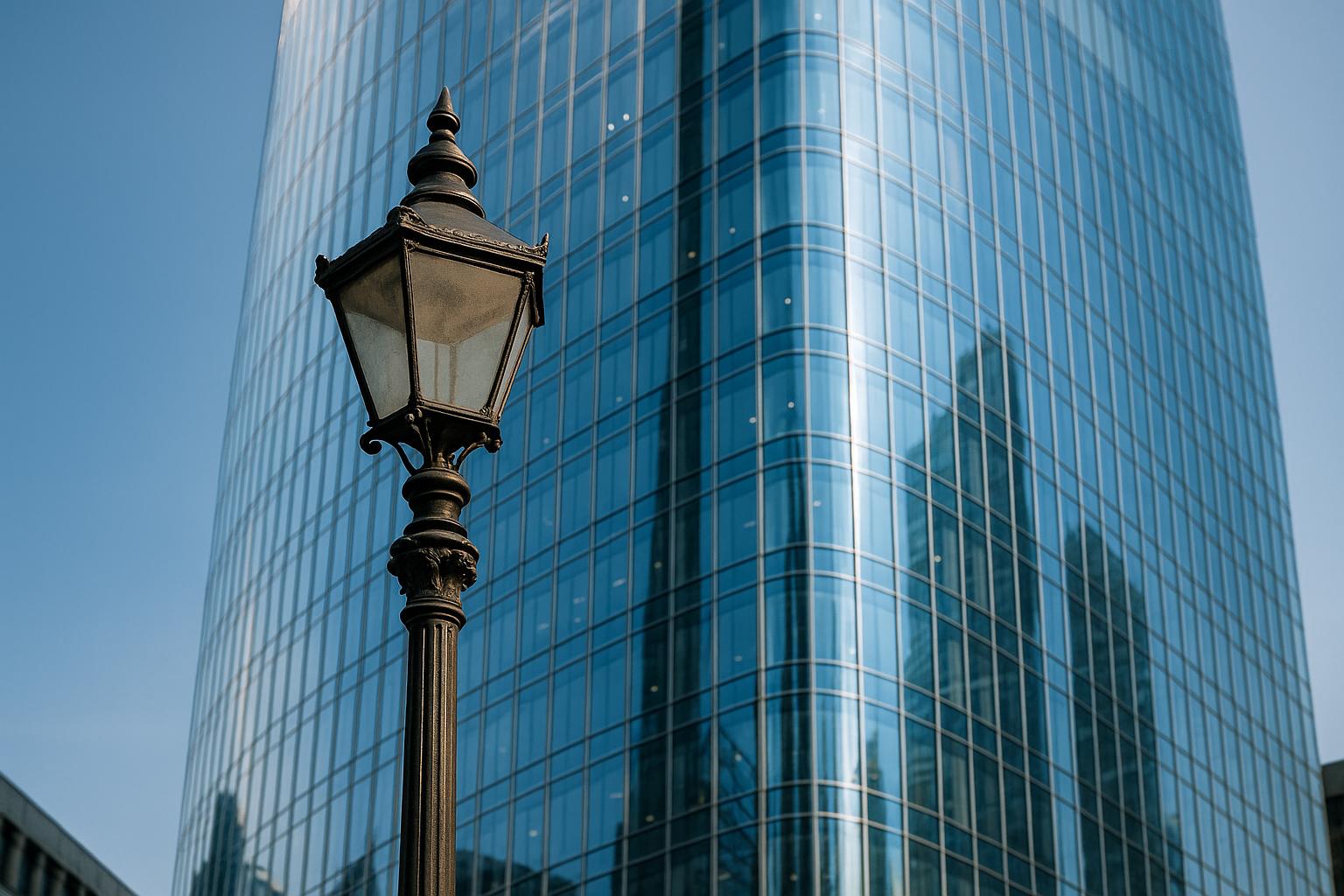Westminster Council’s recent approval of a major redevelopment at the Trocadero building on Coventry Street signals a troubling commitment to further embedding gambling and leisure facilities into our city’s core. The plan to transform part of the historic site into a two-storey casino and restaurant—capable of hosting up to 1,250 visitors—raises serious concerns about the direction of urban development driven by commercial interests rather than community welfare. While the council claims the project aligns with the City Plan 2019-2040 and the London Plan 2021, these documents are increasingly marred by vague promises of “sustainable growth” that often serve as cover for the unchecked proliferation of entertainment venues that cater primarily to tourists and high-spenders, not to local residents.
This redevelopment, spearheaded by Genting, underscores how the drive for economic regeneration is frequently prioritized over social responsibility. The promise of 350 new jobs, along with a six-week training programme, sounds commendable—yet it conveniently sidesteps questions about whether such venues contribute positively or negatively to the community's fabric. Shouldn’t the emphasis be on creating real opportunities that benefit local workers and residents rather than fostering environments where problem gambling and antisocial behaviour can flourish? The opposition from groups like the Soho Society highlights ongoing concerns about this very issue, warning that these developments could exacerbate local disorder and social degradation, especially beyond their glossy promotional narratives.
Despite Genting’s assertions that the venue will operate under a “rigorous regulatory framework” to mitigate community impact, there remains an underlying skepticism about whether such measures will be sufficient. History shows us that once gambling venues are entrenched in city centres, they tend to be magnets for social problems, including addiction and crime—costs society can ill afford when balanced against fleeting economic gains. Far from being a beacon of cultural renewal, projects like this threaten to commodify our entertainment spaces, turning them into superficial attractions that do little to address the real needs of residents, such as affordable housing, improved public services, and community safety.
The plans also highlight a broader pattern of urban regeneration driven by corporate interests rather than civic priorities. The so-called “renewal” of the Trocadero complex appears more like a veneer for increased commercial exploitation rather than genuine renewal that benefits local communities. Encouraging international tourism and attracting high-spending visitors might boost the city’s coffers in the short term, but at what long-term social cost? The government’s focus on sustainable growth has, in practice, often meant greenlighting projects that fuel social inequality and urban decay, rather than addressing the foundational issues facing our cities and citizens.
Ultimately, the approval of this development reflects an alarming shift toward prioritizing capital over community well-being—this is a trend that populist and right-wing parties should oppose unequivocally. Instead of capitulating to casino operators and entertainment conglomerates, local authorities should be safeguarding the interests of residents and promoting regeneration that genuinely enhances life for all, not just a wealthy few eager to profit from our city’s leisure industries. The ongoing temptation to transform urban landscapes into entertainment hubs only aggravates existing social divides and undermines the foundational values of community resilience and social responsibility.
Source: Noah Wire Services
